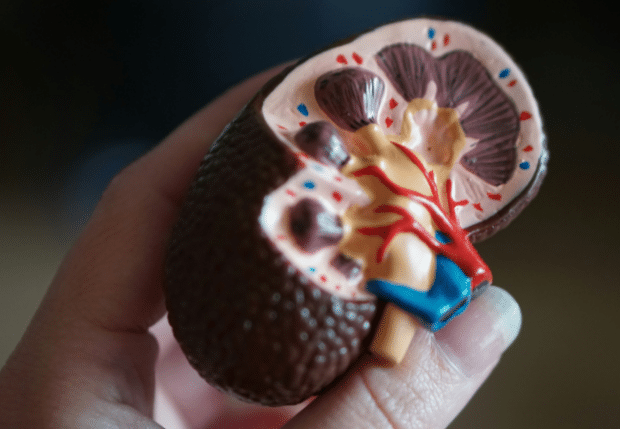Organ transplant test predicts chances of rejection
University of Sydney statistician Harry Robertson and his colleagues have developed an organ transplant test for various transplant scenarios.
ScienceAlert says previous methods only checked biomarkers that only applied to select organ rejection types.
READ: The Future of Cardiology: 3D Printed Heart Tissue
Further research may help medical professionals discern between organ rejection types like immune issues, inadequate blood supply, and maladaptive repairs.
How did researchers make the organ transplant test?

Medical News Today says organ function tests identify signs of organ transplant rejection. These include a complete blood cell count, an electrocardiogram, abdomen ultrasounds, and chest X-rays.
However, ScienceAlert says doctors typically suspect transplant rejection when there are signs that an organ isn’t working at full capacity.
Sometimes, patients may not experience symptoms before failure occurs, so they may need invasive biopsies to check.
That is why Harry Robertson and his fellow researchers created their non-invasive organ transplant test. They made it by analyzing 54 datasets, including 40 kidney, 5 liver, 5 lung, and 4 heart transplant studies.
Then, the team compared these data to patient blood samples to identify 158 genes in all four organs during rejection instances.
“This discovery is pivotal as it allows us to develop strategies to enhance the success rates of all transplants,” explains Robertson.
Moreover, they argue that their findings demonstrate a “unifying pan-organ molecular marker.” As a result, their method “consistently outperformed” other organ-specific models.
More importantly, their findings may lead to a “universal blood test that can predict the likelihood of transplant rejection before it occurs.”
Since 1989, the 1-year survival rate for kidney transplants has greatly improved but long-term survival rates have remained.
Part of the problem is that doctors didn’t have a way to reliably predict organ rejection. Hopefully, this organ transplant test might become the solution, so that patients may prevent issues immediately.